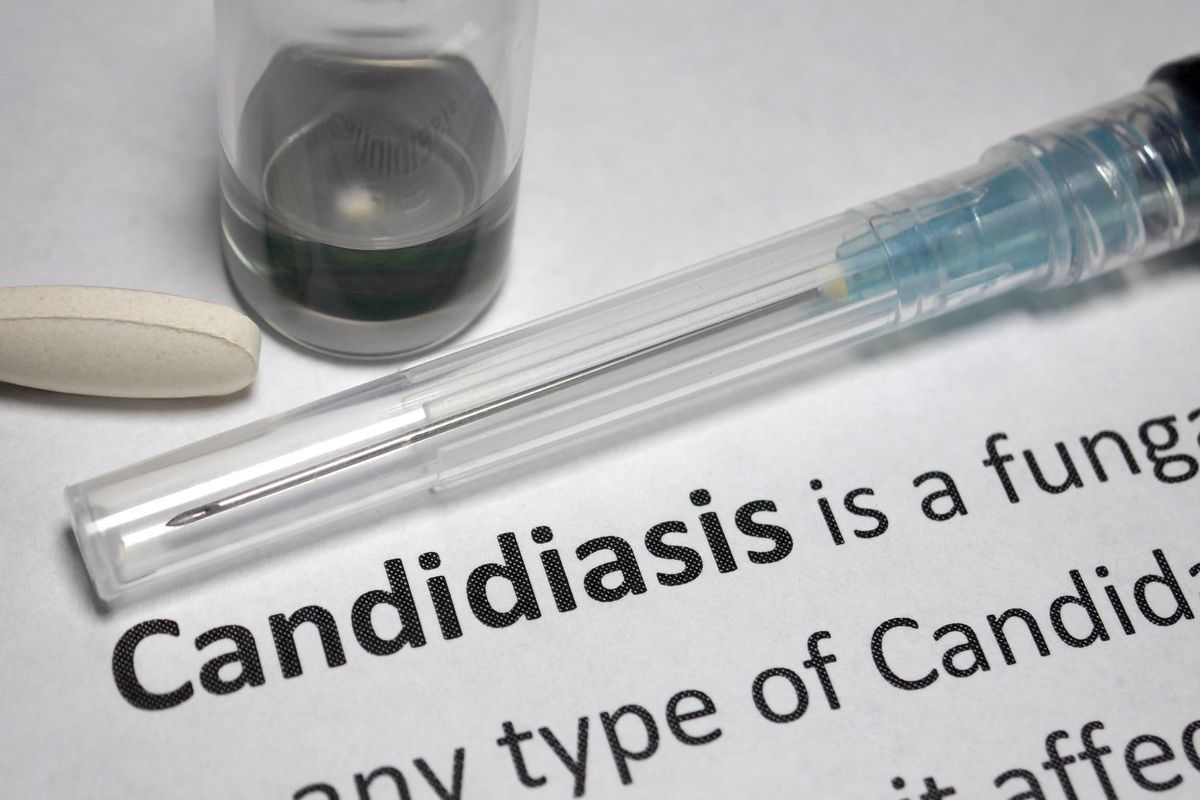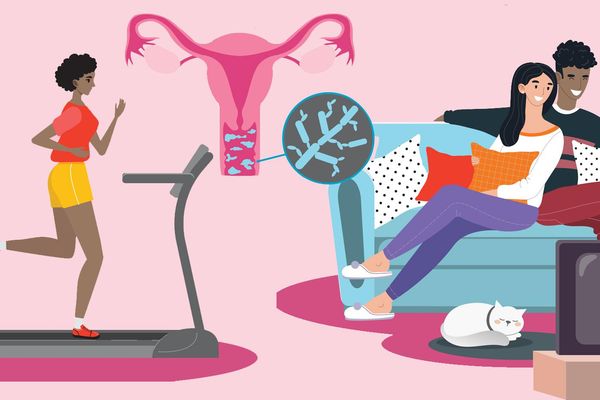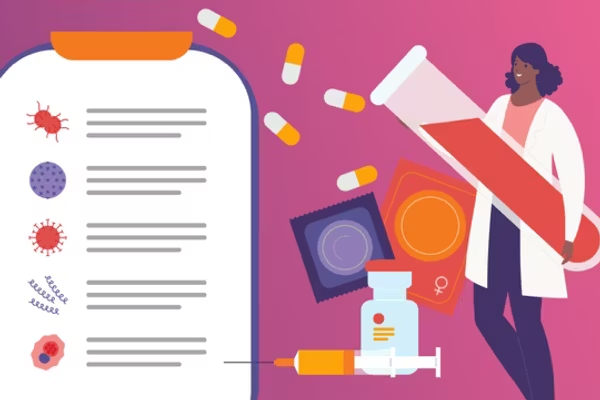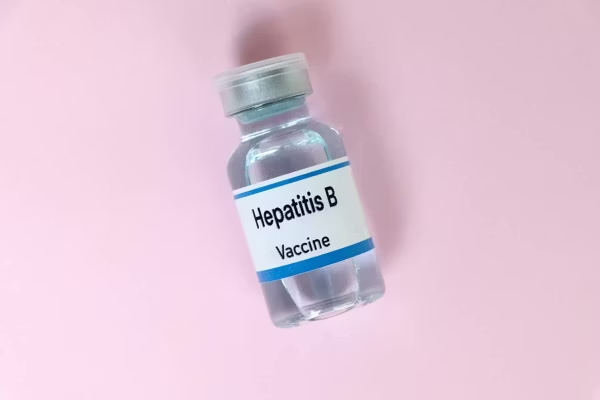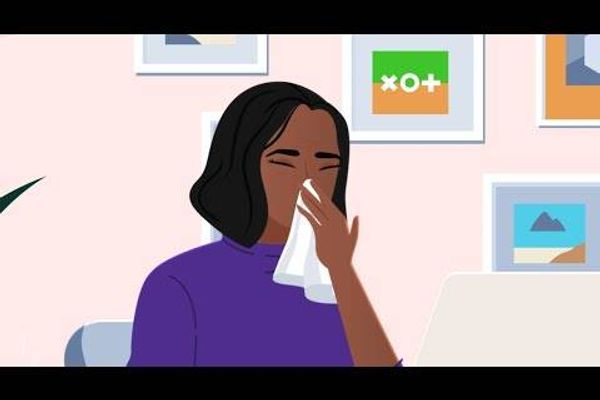They’re itchy, annoying and sometimes painful. They’re also very common in women, but no one really wants to talk about them: yeast infections.
The technical term for these infections is vulvovaginal candidiasis (VVC), and they’re caused by an overgrowth of the fungus Candida, usually Candida albicans, often referred to as yeast. According to the Centers for Disease Control and Prevention (CDC), about 75% of women will get VVC at least once in their life.
The symptoms of a yeast infection are vaginal itching, burning, irritation and inflammation. Some women who have a yeast infection may experience abnormal vaginal discharge and pain during sex or while urinating.
Although most yeast infections go away with oral or topical treatment, some don’t respond to medication and last for a long time or keep cropping up again. If you have three or more episodes of yeast infection in 12 months, the infection is considered a chronic yeast infection. This is called recurrent vulvovaginal candidiasis (RVVC), a different condition than VVC.
Read more to find about the symptoms, causes and treatment options for RVVC.
- Living With RVVC ›
- The Everyday Effects of Recurrent Vulvovaginal Candidiasis (Chronic Yeast Infection) ›
- Healing My Confidence and My Skin From Chronic Yeast Infection ... ›
- Difference Between Yeast Infection and Bacterial Vaginosis ... ›
- Summer May Mean More Yeast Infections - HealthyWomen ›

